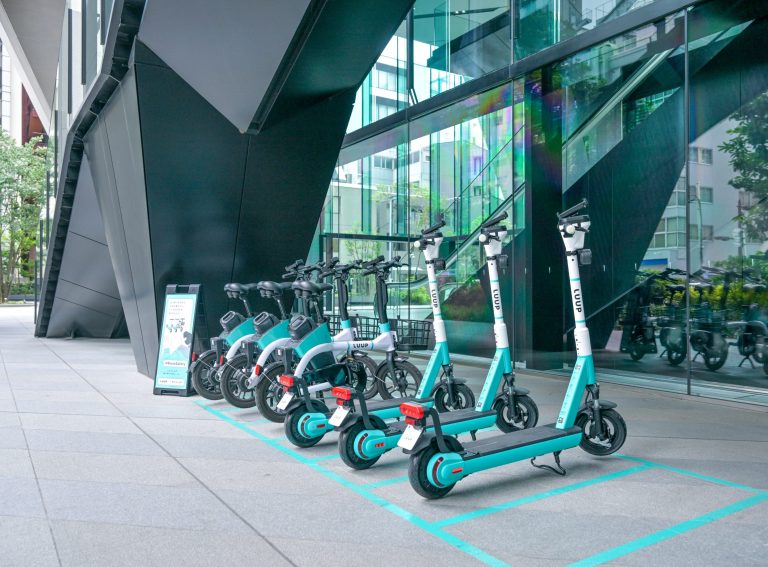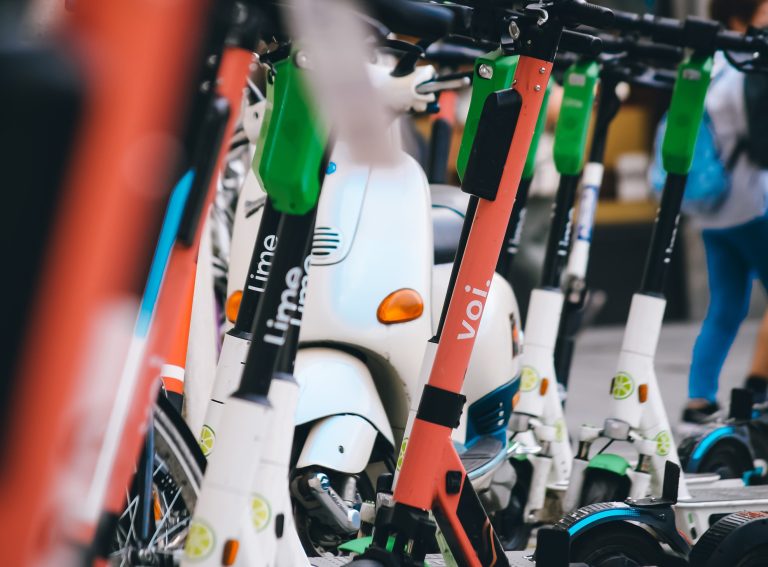Estonian operator Bolt is now the leading shared e-scooter operator in Europe in terms of number of launches, Zag Daily has found.
The firm started with rideshare but launched into e-scooters in a big way earlier this year and is expanding this part of the business westwards rapidly. In the last couple of months, it has grown its e-scooter fleet by around 30 per cent, an increase from 40,000 to well over 50,000 e-scooters. This puts it comfortably in the third spot behind Germany-based TIER and Sweden-domiciled Voi, and ahead of American rivals Lime and Bird.
Bolt has recently launched in over 10 German towns and cities, as well as expanding in Italy, Latvia, Poland, Sweden and Slovakia, and now is operating around 130 European fleets in total – by fleet numbers this is in fact now just ahead of TIER.
Bolt is not just increasing its numbers but looking at evolving the way their fleets work too. The company announced on Wednesday that it has installed a number of charging docks for its “home” e-scooter fleet in Tallinn, Estonia. The docks not only hold and secure e-scooters upright but charge them too – and users who finish a journey in one of the docks, on an e-scooter with a low battery, will get a credit towards their next ride.
This solves both pavement clutter issues and the need to transport e-scooters or batteries around for charging. It’s an obvious “win” for cities and hopefully, we will see it in other cities too, be it ones with Bolt fleets or those with other e-scooter operators.
Despite Bolt’s efforts, TIER itself remains the only operator to have comfortably over 100,000 e-scooters for hire on European streets and is also steadily increasing its numbers. The other big European player, France’s Dott, is some way behind the others here. In total, Europe now has just under half a million shared e-scooters – approximately double the number of bikeshare bikes.
A note on our data
As always, the European e-scooter sharing scene is fiercely competitive and largely commercially driven, with few publicly funded operators and, in many cities, multiple commercial operators dealing with strict city-mandated quotas as well as the activities of their rivals.
As such, most operators do not readily provide e-scooter numbers and most countries don’t mandate their disclosure (with the honourable exceptions of Norway and Switzerland, two countries with particularly pro-active national transportation departments).
This means that Zag Data combines the raw data that is available with a mixture of models and estimates and even app observations. Therefore, we think we have a pretty good idea of the numbers, but we are more than welcome to apply corrections and clarifications from operators and cities who let us know.




